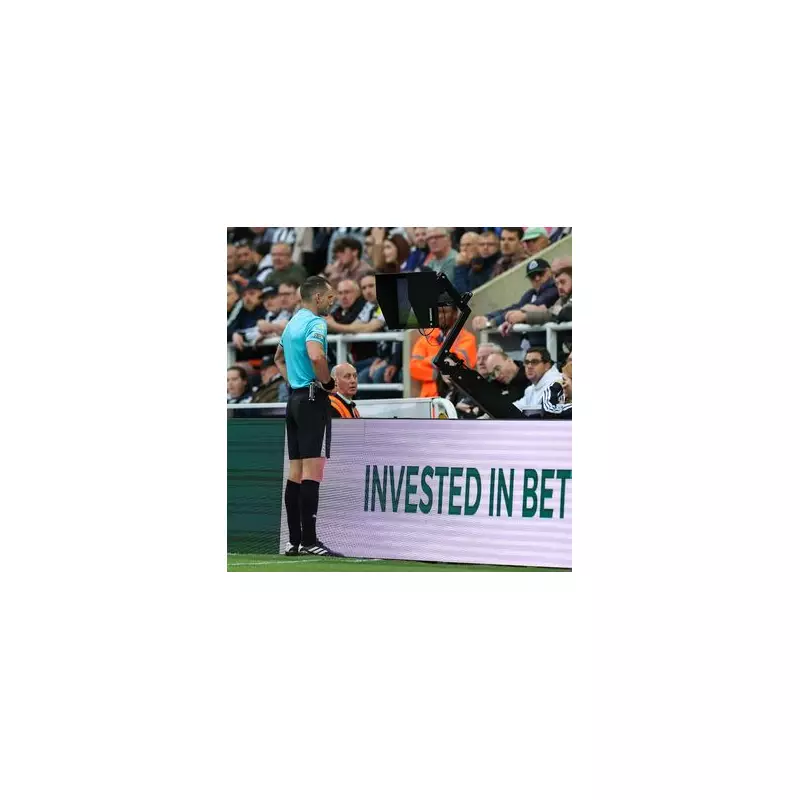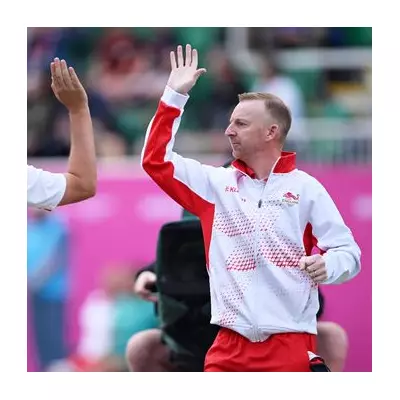
Football's governing bodies are preparing to clamp down on player protests with a radical new VAR protocol that could see stars receiving yellow cards for simply approaching match officials during reviews.
The End of VAR Protests?
The International Football Association Board (IFAB) has approved sweeping changes designed to restore referee authority and prevent the mass confrontations that have become commonplace during VAR checks. Under the new system, only team captains will be permitted to engage with referees during review processes.
What the New Rules Mean for Players
The consequences for breaking these new protocols could be immediate and significant:
- Any player other than the captain who approaches the referee during a VAR review will receive an automatic yellow card
- Team captains risk booking if their approach is deemed confrontational rather than respectful
- The measures aim to prevent the intimidating scenes of multiple players surrounding officials
- Referees will be empowered to enforce the new rules strictly from the start of matches
Why IFAB is Taking Action
Football authorities have grown increasingly concerned about the erosion of referee respect and the time-consuming nature of player protests during VAR decisions. The sight of eight or nine players swarming officials has become an unwelcome feature of the modern game.
"The constant challenging of decisions and surrounding of match officials cannot be tolerated," an IFAB insider revealed. "These measures are about protecting referees and maintaining the flow of the game."
Premier League Implementation
While the protocol has been formally approved, its implementation timeline remains uncertain. The Premier League and other competitions will need to determine when to introduce the new system, with some sources suggesting it could be in place for the start of next season.
The changes represent the most significant attempt yet to address the behavioural issues that have emerged since VAR's introduction, potentially transforming how players interact with officials during critical match moments.





